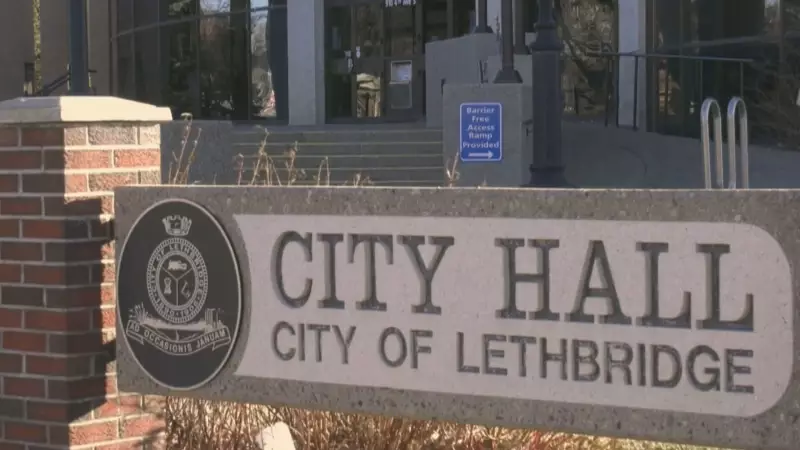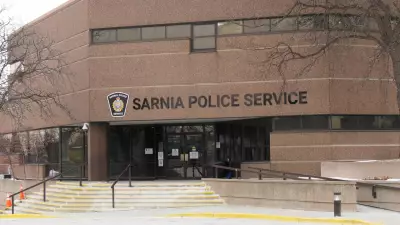
The City of Lethbridge is actively encouraging its residents to transition to a fully digital system for receiving important municipal documents. This initiative focuses specifically on property assessment and tax notices, marking a significant step toward modernizing how the city communicates with homeowners.
Moving Toward a Digital-First Approach
Announced on November 11, 2025, this push for paperless billing represents the city's commitment to embracing efficient and environmentally friendly practices. By opting for e-billing, residents will receive their property tax and assessment documents directly via email instead of traditional mail.
The shift is designed to streamline communications and provide homeowners with faster, more secure access to their financial documents. This method also reduces administrative costs for the municipality and minimizes the environmental impact associated with paper production and delivery.
How the Paperless System Benefits Residents
Adopting the paperless system offers several key advantages for Lethbridge residents. Homeowners can expect to receive their notices promptly, without concerns about postal delays or misplaced mail. Digital documents are also easier to store and retrieve for future reference, such as during tax season or when applying for home-based financial products.
The city emphasizes that the e-billing system maintains robust security measures to protect personal and financial information. Residents who enroll can manage their preferences and access their documents through a secure online portal.
Embracing Modern Municipal Services
This initiative aligns with broader trends in municipal governance across Canada, where digital transformation is enhancing citizen services. The move to paperless billing for property taxes in Lethbridge demonstrates how local governments are leveraging technology to improve efficiency and resident engagement.
The City of Lethbridge is providing clear instructions for residents wishing to make the switch, ensuring the transition is straightforward for all demographics. This effort not only modernizes a core service but also promotes sustainable community practices for future generations.





